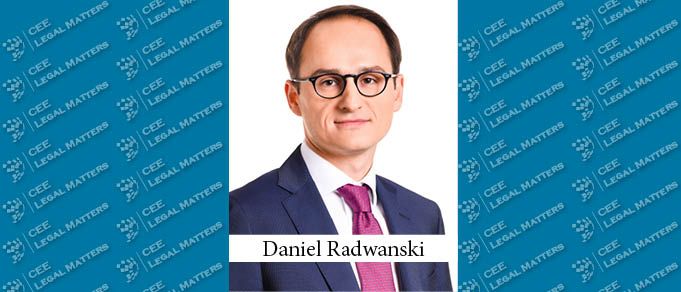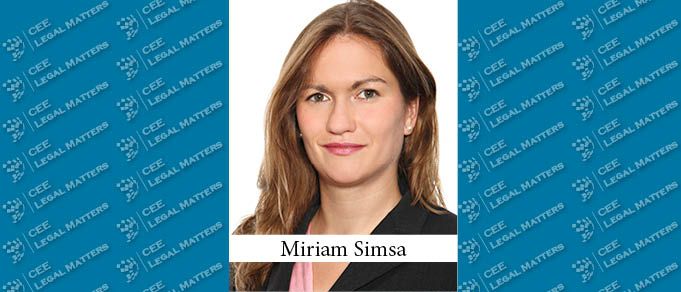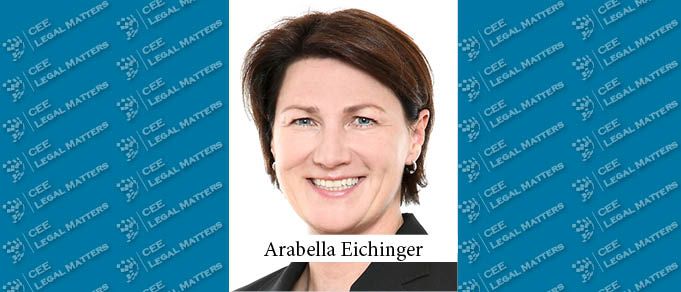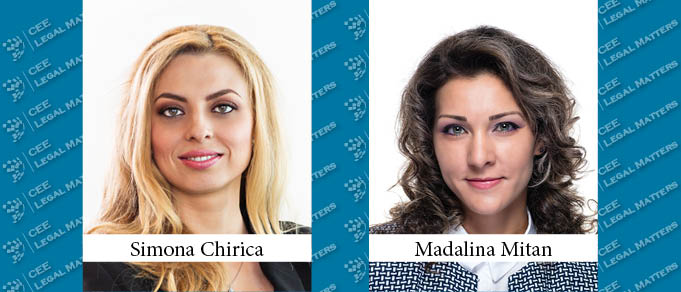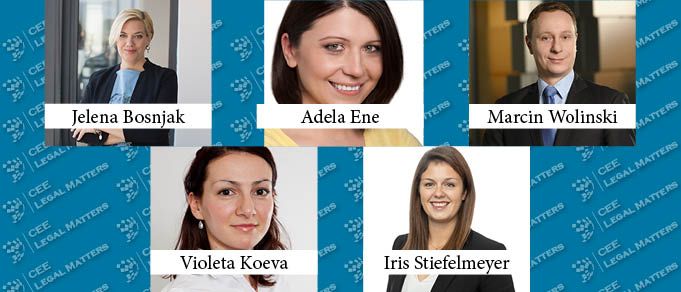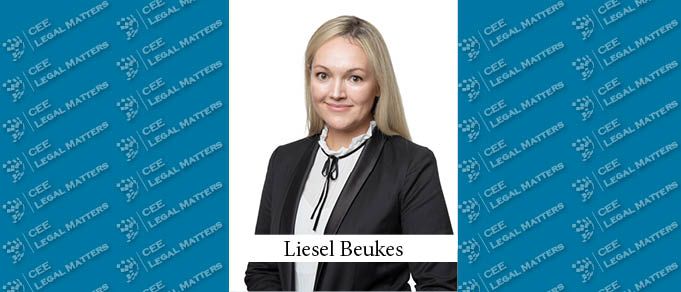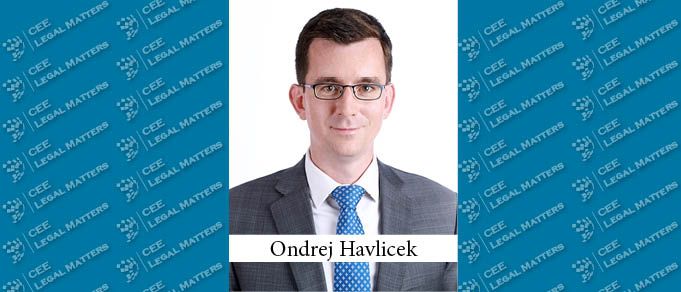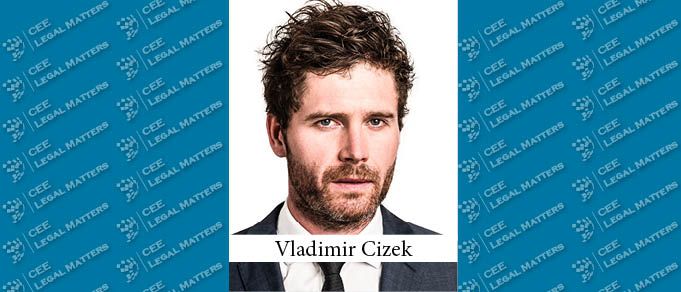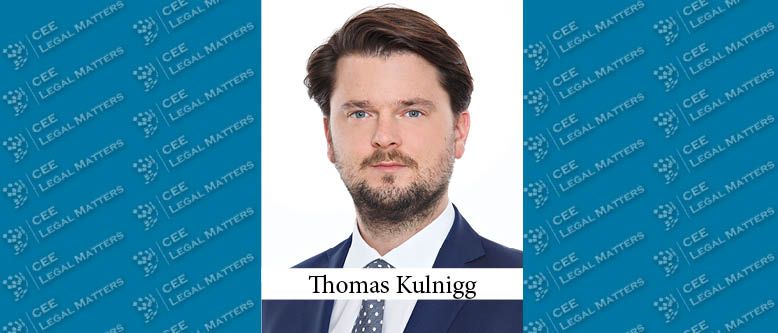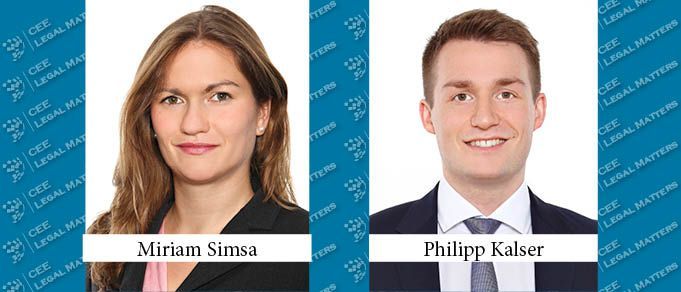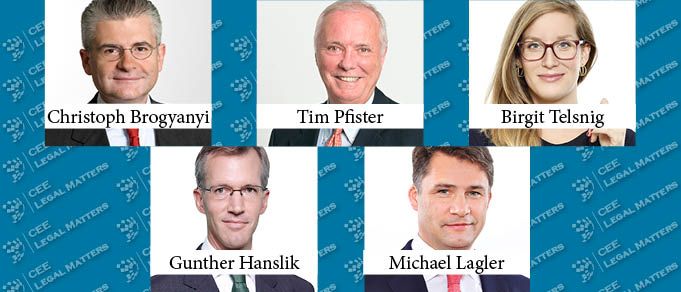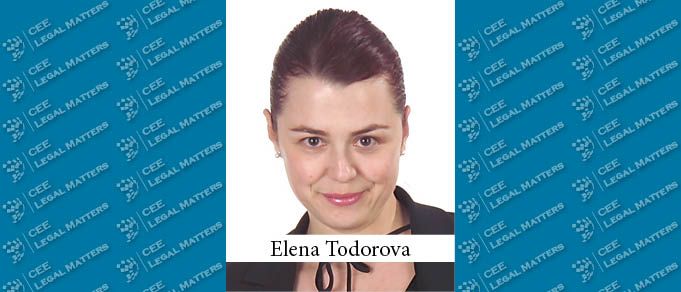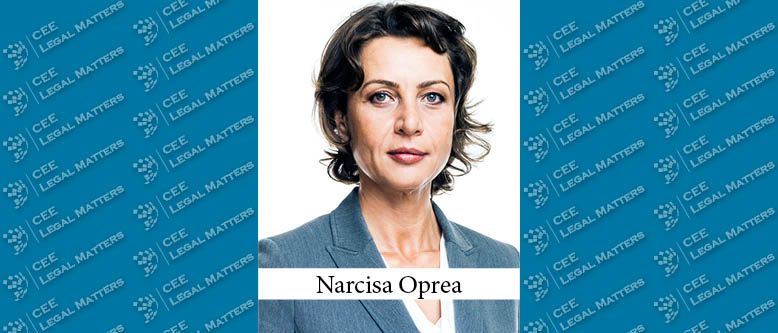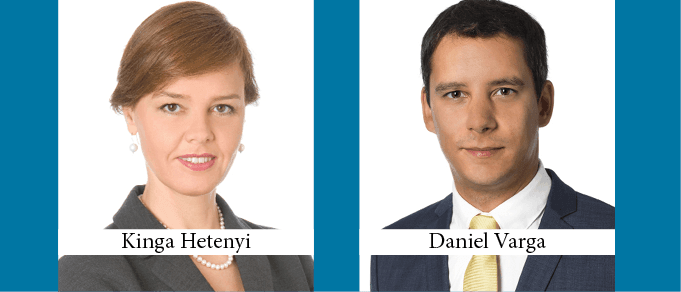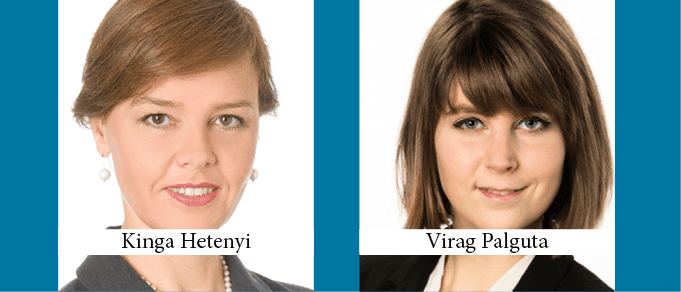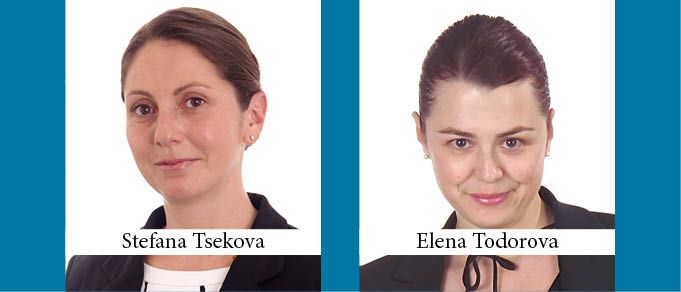On January 1, 2016, Poland revamped its legal framework related to the restructuring of financially distressed businesses with a brand-new Restructuring Law and significantly-amended Bankruptcy Law. The Polish restructuring (and broadly speaking insolvency) framework is now governed by two separate legal acts: the Restructuring Law, which deals with the financial restructuring of indebted companies and businesses, and the Bankruptcy Law, which focuses on the orderly liquidation of the assets of companies and businesses without feasible options to restructure their debts and continue their operations.
Guest Editorial: Hear and Dare – Reflections of an Austrian Lawyer Working in C/SEE
CEE is a highly-fragmented market. What sounds like a dull geographical statement actually highlights the main challenge of being a lawyer working in a regional CEE law firm.
Airbnb in the Crosshairs
Tourism in Austria is booming. The capital, Vienna, has reported a 9.9% increase of overnight stays, to 7.94 million, in the period from January to June 2019, a new record. Demand for common rental platforms, such as Airbnb, has increased even more. For several years now, Austria’s federal states, municipal administrations, legislators, and competitors (in particular the hotel industry) have been kept busy with the business model of commercial short-term rentals.
Investment in Agricultural Land in Romania - Land Rush Close to the End?
The interest of foreign investors in acquiring real estate in Romania has grown significantly since the January 1, 2014 expiration of the country’s prohibition against EU citizens and businesses acquiring agricultural land. Land is available at competitive prices, compared with many other European countries, and other advantages include the facts that Romania holds an important share of the European crop land due to its grain production, has a favorable position within export routes, has high-quality soil, and has a climate suitable for a wide range of agricultural investments.
Marketing Law Firm Marketing: The Reason for the Role
Why would anyone knowingly become a law firm marketing specialist – a role that is demanding, complicated, challenging, and stressful? To explore this mystery, we went to the source. Accordingly, this time around we asked the law firm marketing specialists of CEE to complete the following question: “I went into Law Firm Marketing/BD as a career because ____________.“
Expat on the Market: Liesel Beukes of Schoenherr
South African Liesel Beukes is a dual-qualified lawyer and Content Marketing Manager at Schoenherr in Vienna, where she manages the firm’s highly-regarded annual RoadMap publication and assists lawyers across the firm’s 14 offices with marketing, business development, and press relations.
Austrian Supreme Court Rules on Cash Pooling: Take It with a Grain of Salt!
Cash pooling is a staple of corporate treasurers as an efficient way to allocate liquidity and reduce financing costs within a group of companies. Despite its commercial importance, neither Austrian statutory law nor the Austrian Supreme Court has provided any guidance as to whether cash pooling is permissible under Austrian law – in particular whether it is compatible with Austria’s strict capital maintenance laws.
An Amendment to the Bonds Act Aims to Strengthen the Rights of Retail Investors
Bond financing has recently become quite popular in the Czech Republic and companies often finance their business needs by issuing corporate bonds instead of the more usual credit financing. Obviously, the popularity of corporate bonds is also associated with the greater willingness of investors to buy them. Bonds are perceived by the general public as a safe and conservative investment instrument. Nevertheless, recent market developments show that corporate bonds issued by private companies may not always be a safe investment, as evidenced, for example, by the insolvency of online fashion store Zoot, which funded its expansion by issuing bonds.
Guest Editorial: Another Successful Year for M&A and PE/VC Transactions
No doubt we all agree that a good lawyer should not only have extensive legal knowledge and experience, but should also constantly monitor the market. In reviewing the state of the Czech legal market over the past six months, I would like to point out several issues I personally find interesting or important.
A Digital Debut: Interview with Thomas Kulnigg on Conda Share Digitalization
In September 2018 Schoenherr Partner Thomas Kulnigg advised crowd-investing company Conda AG on the digitalization of its shares, allowing the registered shares to be managed via blockchain technology. The project represented the first-ever digitalization of shares linked to digital tokens in an Austrian joint stock company. The tokens were digital units that were mined exclusively by Conda on a blockchain (dis-tributed ledger technology) protocol and then given to company shareholders. When a shareholder trans-fers a token to another person, the transfer is recorded in the blockchain and, on that basis, the transfer is also registered in Conda’s share ledger. The transfer of a token is thus the equivalent of a share transfer.
Court Decision Increases Risk of Mortgage - Backed Loans
Under Austrian law, incorrect land register entries may trigger public liability. But the Austrian Supreme Court recently held that such incorrect entries only create public liability claims for of a certain group of people, thereby potentially increasing the risk management costs of mortgage-backed loans.
Behind the Benefits
How do law firms in Austria promote themselves to current and prospective employees? A series of conversations with several leading firms revealed more than expected.
Health Tech - 3 Questions, 3 Industries, 3 Points of View
At the end of April, 2019, Sopharma Trading announced the creation of “SOinventure” – a corporate acceleration program in the field of health-tech, organized in partnership with Bulgarian investment fund Eleven Ventures. We decided to ask Mr. Ivaylo Simov, Partner at Eleven Ventures, and Mr. Dimitar Dimitrov, CEO of Sopharma Trading, three questions about the development of the alliance between healthcare and new technology, and we added our experience-based opinion to their answers.
Growing Cannabis in Bulgaria: “Is It Legal?!” or “Are You Stoned?!”
Bulgarian legislation on the legal cultivation of cannabis could make for interesting reading. Some readers might feel that the regulations and definitions are “the most hilarious things ever.” This ar-ticle aims to show why.
Equitable Price of Mandatory Bids: The Romanian Approach
Natural or legal persons directly or indirectly acquiring shares granting more than 33% of the vot-ing rights in a Romanian listed company are required to make a bid as a means of protecting the company’s minority shareholders. Under the European legal framework, the offeror must address that bid to all minority shareholders, offering to purchase all their holdings at an equitable price.
Mining Business: At the Mercy of Local Municipalities?
Starting or continuing a mining project has always been subject to various licensing requirements. However, an amendment to spatial planning laws that became effective on March 15, 2019 increases the regulatory challenges faced by investors by introducing a completely new condition for obtaining the local municipality’s blessing, even for operations that are already underway. Therefore, the aftermath of the most recent regulatory changes should not be underestimated, as the number of mining sites exceeds 800 in Hungary.
Recent Developments Regarding Hungarian Insolvency Law
The Hungarian Government is considering creating new legislation to cover all kinds of insolvency proceedings, including bankruptcy, liquidation, winding-up, and dissolution proceedings. This move has been roundly welcomed, especially by creditors, as the current law is from 1991, and although it has been amended numerous times, it counts as an outdated and much-criticized piece of legislation.
Bulgaria Builds “Career” in Supporting the Automotive Industry
Last year was a good one for the automotive industry in Bulgaria. According to information from the Automotive Cluster Bulgaria, a total of 12 projects worth more than EUR 500 million were in the process of implementation in late 2018 and early 2019. These projects are from companies like ETEM, Visteon, Leoni, Voss Automotive, Sensata, and Bosch; i.e. first-, second- and third-tier suppliers whose business is not solely tied to the automotive industry. According to the Cluster, the sector already covers more than 220 enterprises with a turnover of EUR 5 billion, which represents approximately 10% of Bulgaria’s GDP.

